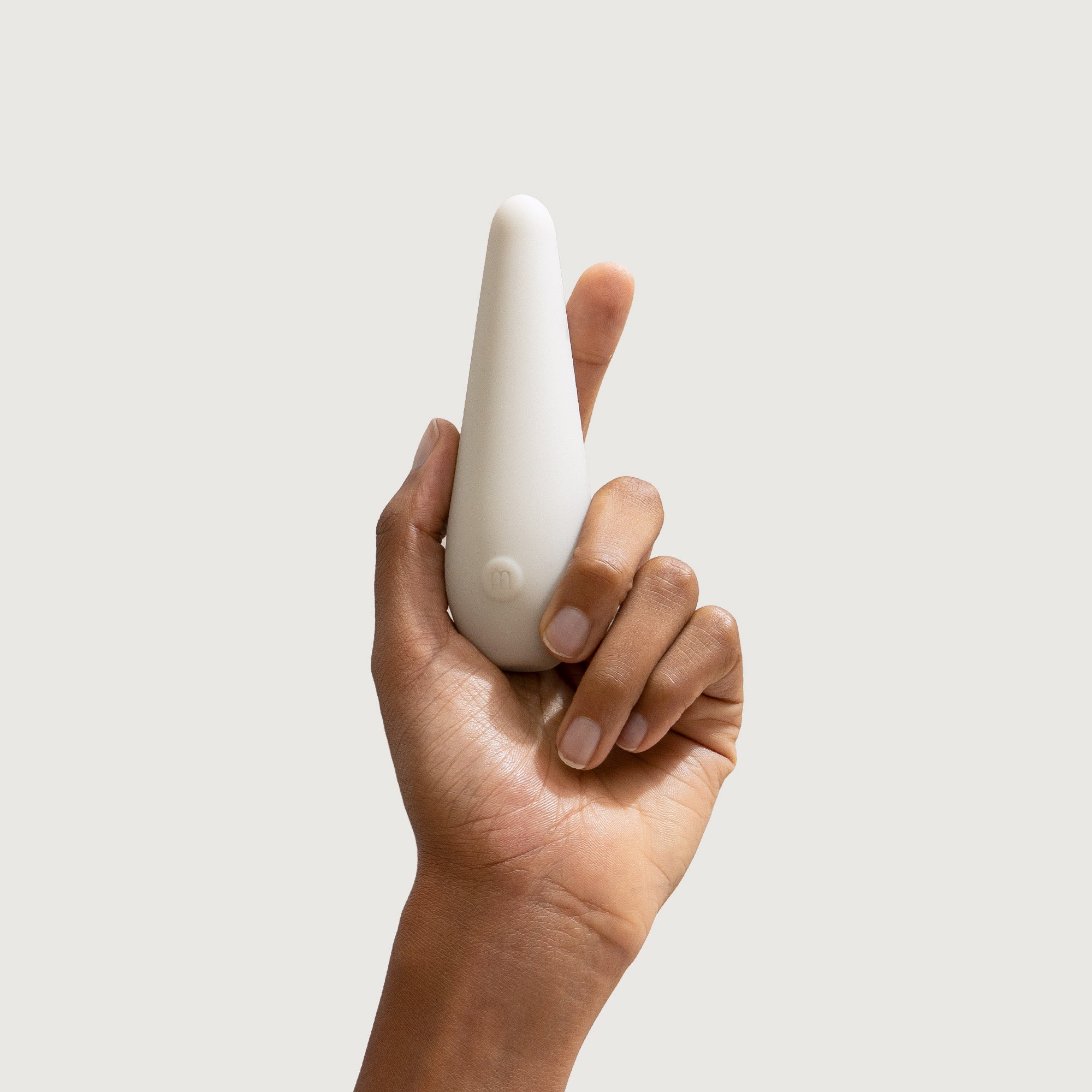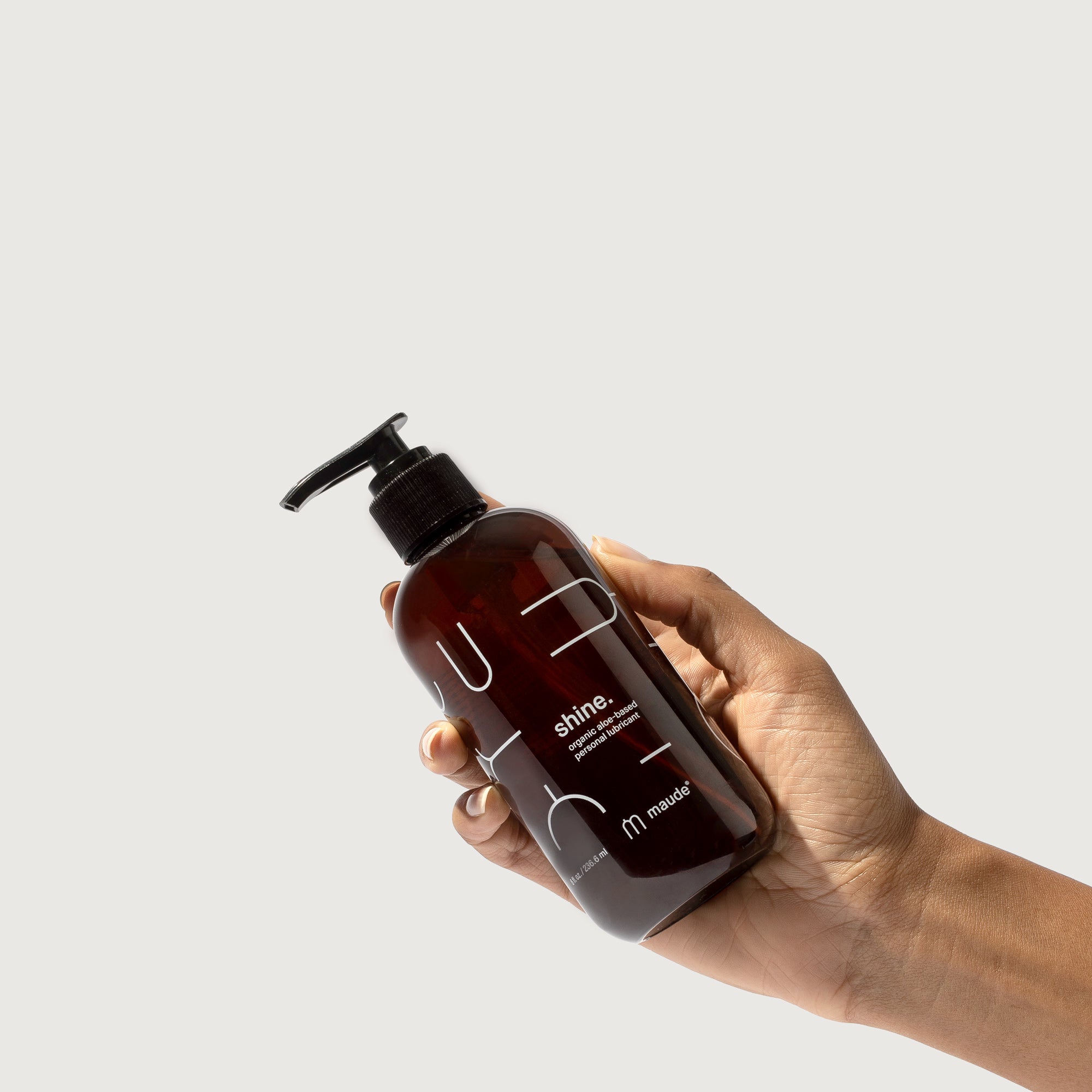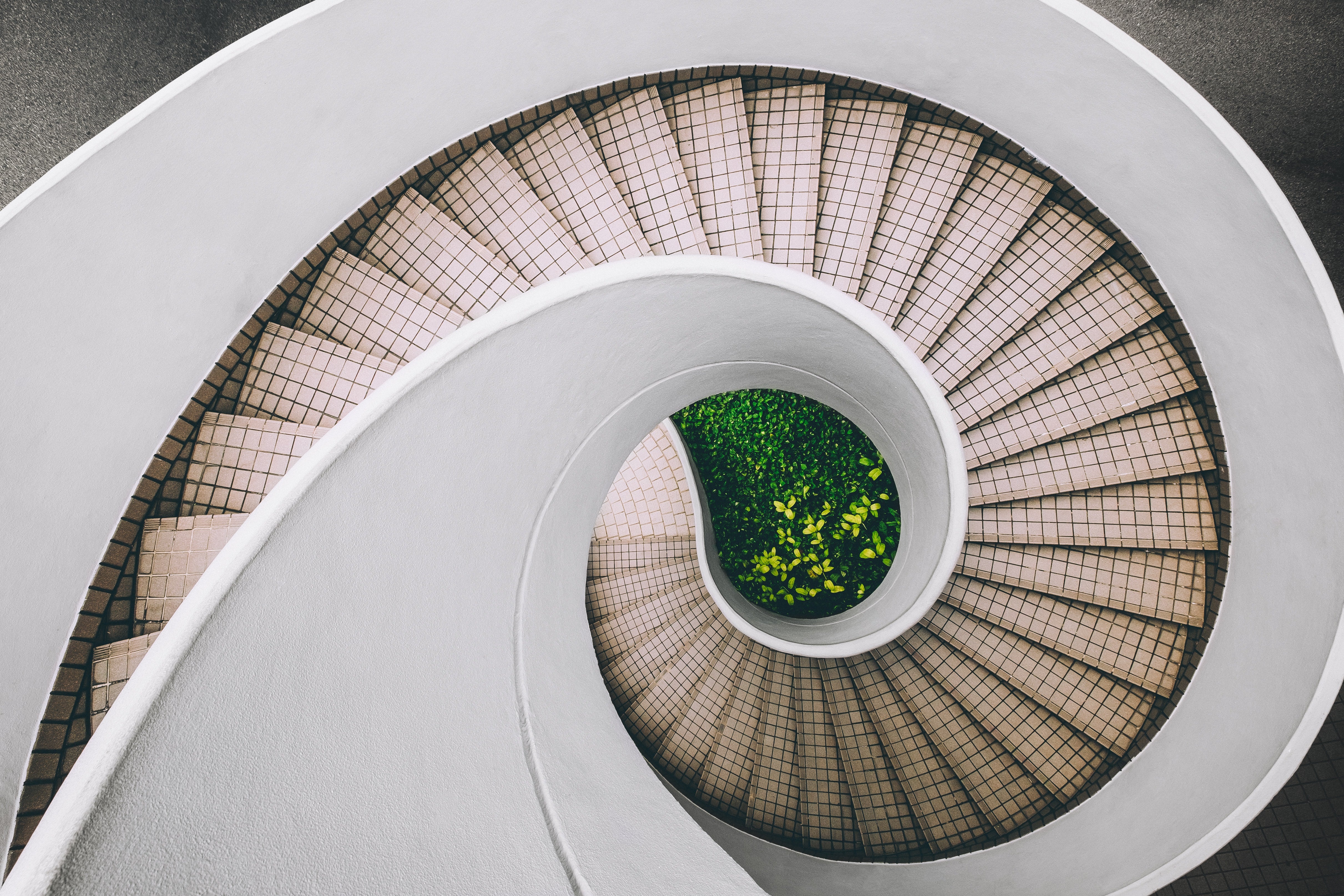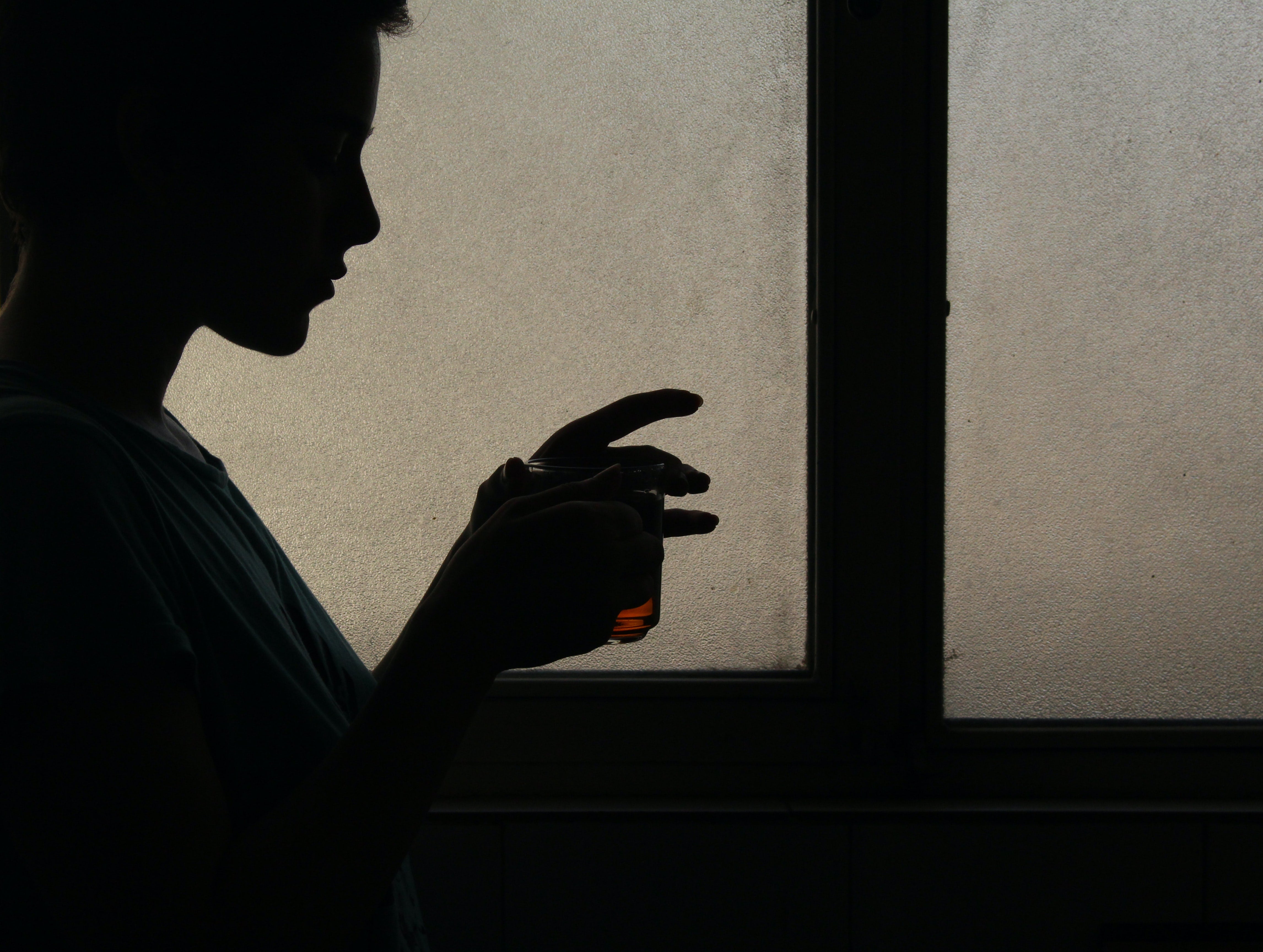How Anti-Depressants Impact your Sex Life.

Love & other drugs.
In more ways than one, your mental health and your sex drive are inextricably tied. But for the 16 million Americans struggling with forms of diagnosed depression, problems in bed can be as fundamentally tied to the use of antidepressants as they are to a person’s state of mind. And while yes, the inability to enjoy sex is a hell of a side effect, it’s certainly the case that the inability to enjoy...life...is worse.
Among the most common forms of antidepressant are Selective Serotonin Reuptake Inhibitors (or SSRIs), which are frequently reported to take a toll on patients’ sex lives. By raising serotonin levels in the body—which is what makes them useful—they can prevent the hormones our bodies associate with sex from transmitting properly to our brains. Symptoms vary, but in large part, they include a lowered libido, erectile dysfunction, and either an inability or delayed ability to reach orgasm. Which is to say, they can make sex to completion near impossible.
Fortunately, though, it’s not an end-all-be-all sort of situation in the bedroom. There are plenty of ways one can temper the sensual downsides to antidepressants—without giving up all the positive effects, either. You should consult your doctor first when it comes to dealing with side effects related to antidepressants and sexual health, but if you’re looking for some insight on the matter, here are a handful of solid places to start:
Talk to your partner
This might seem obvious—but for men and women, admitting to issues with sexual performance can be a scary thing. And performance anxiety can be a boner-killer even before you get to the impacts of SSRIs. Creating an open dialogue with your partner—and your doctor—about your libido as it relates to your medication can help to both reduce anxiety or discomfort around the matter, and it can allow for the two of you to work towards a solution together.
Consult your doctor about which SSRI you’re taking
Reportedly, different types of SSRI can be more or less influential when it comes to sex drive. If you’re low on libido and deeply concerned about the matter, it may be the case that a different medication will still provide you with the aid you need, while taking a lesser toll on your, uh, nightlife.
Ask about a lower dose
In some cases, folks have found that lowering their SSRI dosages has helped them maintain healthy sex lives without sacrificing all the benefits of their prescribed medication. Talk to your doctor about the pros and cons of trying out a lower dosage, and whether or not that might be the right choice for you.
Think about when you take your medication
Something as small as the routine hour at which you take your pill may be part of the problem. If you’re big on morning sex, plan to take your pill in the mornings right after intercourse. If you’re a night sex person, same deal. The idea is that you’re leaving a special window for getting it on when the medication is at its lowest levels in your system.
Consider other factors impacting your sex drive
While it’s highly likely that a decrease in sex drive has everything to do with your medication, it may also have something to do with any number of other factors in your life. For some, a low-level interest in sex is merely biological. It’s coded in a person’s system before medication is even a relevant conversation. For others, arousal can be linked to aging, to otherwise diagnoses, and to more traditional forms of stress or life change (think: having a baby, starting a new job, a global pandemic). If you’re worried about dwindling spice-levels, be sure you’re looking at the whole picture.





